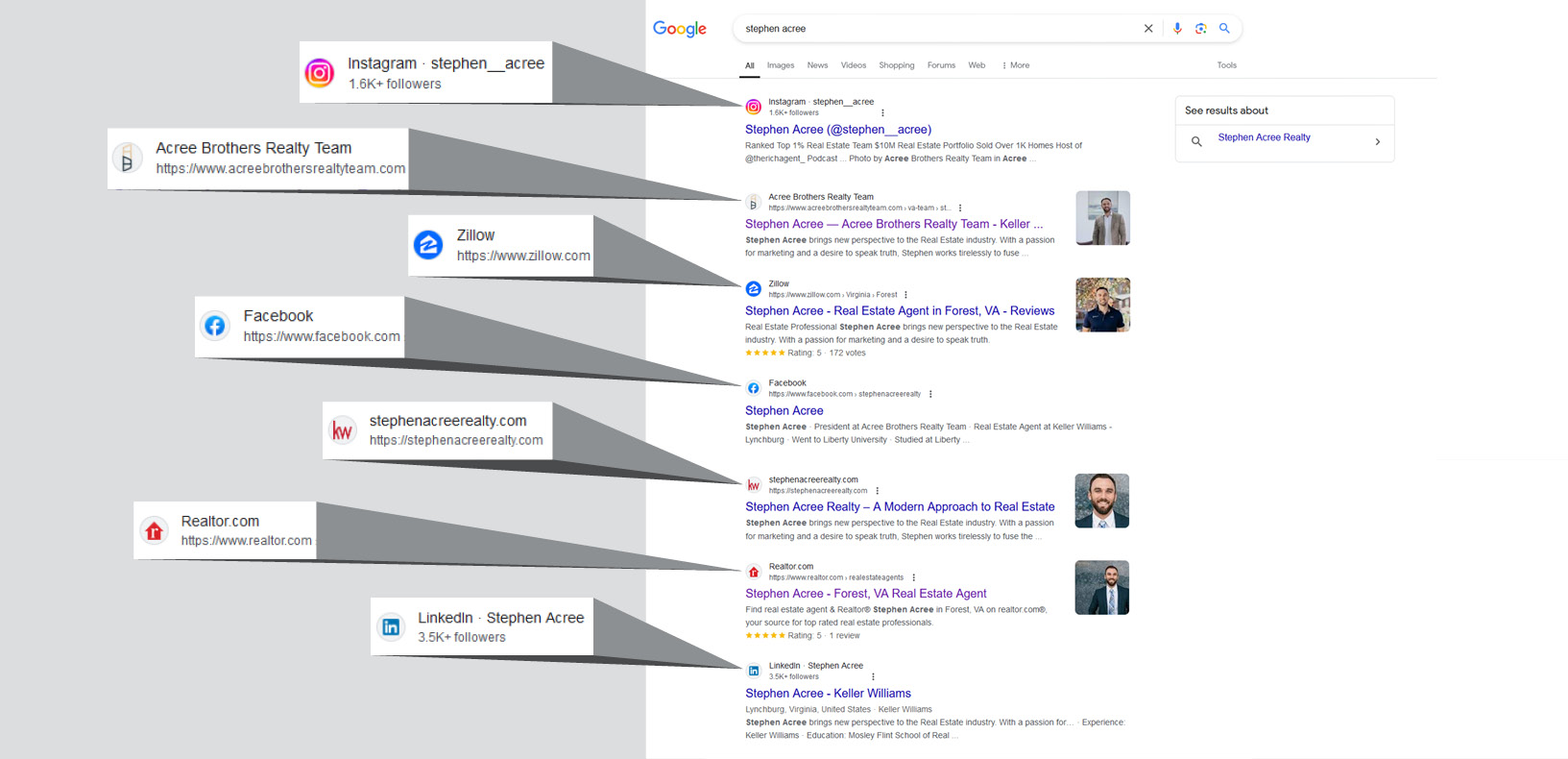To get to the top of Google search results is a game of vigilance and strategy. But there are ways that even novice website owners can improve their rankings.
In the digital world, search engine marketing has become the way to be discovered on the internet, and since most people do not venture past the first page of the search engine results page (SERP), the goal is to rank as high as possible on the first page. But to get to the top of Google search results and stay there is a game of persistent vigilance and strategy. It’s a skill, and many businesses that can afford to, hire specialists to ensure their companies consistently appear in the first, second, or third position. But there are ways that even novice website owners can improve their rankings.
1. Use SEO and PPC together
Search engine marketing (SEM) relies on two primary strategies: search engine optimization (SEO) and pay-per-click (PPC) advertising. An easy way to get to the top of the SERP is to bid on keywords and phrases that have a high search volume but for which there is low competition, then use those words and phrases in your Google ad designs and copy. Only when someone clicks your ad do you need to pay Google; hence the name “pay per click.”
However, sponsored PPC ads alone can be costly. The most economical way to raise your ranking is to judiciously invest in PPC ads and combine that strategy with your knowledge of SEO.
For PPC ads, you’ll want to appear in the results of local searches that indicate a high intent to find specific information. For example, someone searching “real estate agent near me” is someone searching for highly specific information, just like someone who searches, “best Italian restaurant in South Philadelphia,” or “state parks in New York” expects only certain searches to be returned. Using PPC, agents will want to devise a strategy that includes appearing in search results when people use high-volume keywords such as “luxury real estate agent near me” or “best real estate agency Bainbridge Island.”
To be truthful, it’s difficult for an independent real estate agency to rank number one for this type of keyword simply because the SERP is dominated by third-party real estate directories like Zillow that have high authority. (Authority is a source’s expertise or recognized official status, and search engines will consider a source’s reputation when assessing authority.)
Still, Google helps businesses appear in local searches by designating them as “Google Screened.” Google will screen professional service providers like real estate agents to verify licensure and perform a background check (as well as other checks) to confirm that they are a legitimate business. It’s a free service intended to give consumers peace of mind.
Once you’ve selected keywords for your PPC ads, move to identify high-ranking SEO keywords and use them in content that you post with the hope of attracting organic traffic. (Organic means “free,” as when someone searches “how to get to the top of Google search results,” sees your blog with that title, and clicks.) Real estate agents should optimize their websites using “real estate agency (+ location)” as a key phrase. If the real estate agency is located in a neighborhood within a large city, start optimizing for the neighborhood (for example, “real estate agency in Fishtown”), and then move to the larger city (“real estate agency in Philadelphia”). The key is to focus on outranking smaller competitors first and then go for the bigger game.
This is a recommended strategy because it takes time for Google to identify your page as an authority. One way to create more authority is to consistently write and post blogs to your webpage that provide customers with quality content. You can also include links in your blogs to high-authority sources and, as you create a larger library of your own content, link back to those articles in newer ones you write.
2. Dominate the first page
Directories such as Zillow, Realtor.com, Trulia, and Homes.com are not only good for listings but also are good for SEO presence. Dominating the first page for your agency or brand should be a priority. Google already classifies these third-party marketplace directories as authority figures in the industry, making them rank higher. See an example below as to how you can use directories to your advantage.
3. Claim your real estate agency on Google
Creating a Google Business Profile is simple and offers great advantages when users search from a certain location or select a listing from a Google map. (Check here for how to claim your Profile.)
Claiming your Profile is free, and you’ll encourage trust by naming yourself as a real estate agent, adding photos, including your hours, and other information of interest to consumers. It will also help list you in local searches, improve your SEO by driving searches to your social media accounts, website, and brick-and-mortar office (if you have one.) Exceptionally beneficial to claiming your Google Business Profile is the ability to collect, respond to, and manage reviews.
4. Combine content with structured data
Creating a blog not only gives clients a valuable resource but also provides quality content for SEO. There’s a saying in the SEO world that content is king, and even with SEO becoming more technical, the saying still holds. Search engines will crawl your content (which could be your website, blog, images, or other content), to identify and organize its content so that they can serve up the most relevant and appropriate content to search queries. Keywords aid in this process, but structured data (or schema) is necessary to identify the type of content on your website.
Most content management systems such as WordPress have plugins for identifying and marking schema, or your webmaster should be able to add it. Adding structured data makes your information more likely to appear in Google’s rich snippets (also called rich results).
In this day and age, search engine marketing cannot be ignored. Your website should be a reflection of your brick-and-mortar office. If potential clients cannot find you on the internet, then you are losing business.
Take action
Having created a website, you’ve already taken a significant step toward reaching potential clients and enhancing your credibility and visibility. This puts you far ahead of the 36% of broker/broker associates and 27% of sales agents who don’t have a website. Your next step is to get to the top of Google search results faster and more often than those who do, so implement any of these four actions and start ranking higher sooner rather than later.



























